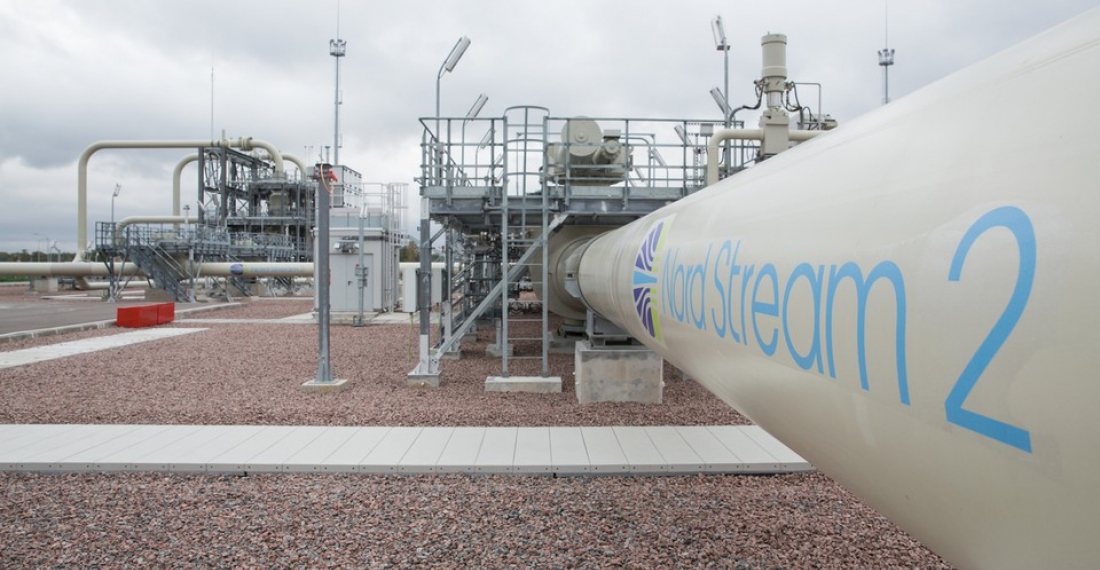Gas prices increased on Tuesday (16 November) to the highest level in three weeks in the European Union. This is due to Germany's temporary shutdown of the certification process for the new gas pipeline Nord Stream 2. In addition, there is an outage at a major gas field in Norway, which is expected to last until Friday.
The German regulator Bundesnetzagentur (Federal Network Agency) concluded that the Nord Stream 2 gas pipeline operator was not a German company, which is a requirement under German law. How long the certification process will be at a standstill depends on how quickly the situation is rectified. It has become more unlikely that Nord Stream 2 will be able to help reduce the gas shortages this winter.
Gas prices have increased more than threefold this year as European inventories remain below average after a prolonged winter last season. Besides lower Russian supplies, patchy domestic production and high Asian demand for liquefied natural gas have also contributed to the region’s energy crisis.
The Nord Stream 2 gas pipeline is controversial because it could make Europe too dependent on Russia for its gas supply. Moreover, with the new pipeline Russia can sideline countries like Ukraine. These countries currently receive payment for the gas that is transported through their territory.
Russia has already stated several times that if the certification for Nord Stream 2 is in place, it will be able to start supplying more gas immediately. Meanwhile, Russia has already decided not to book any additional space through the existing gas pipelines for several months.






